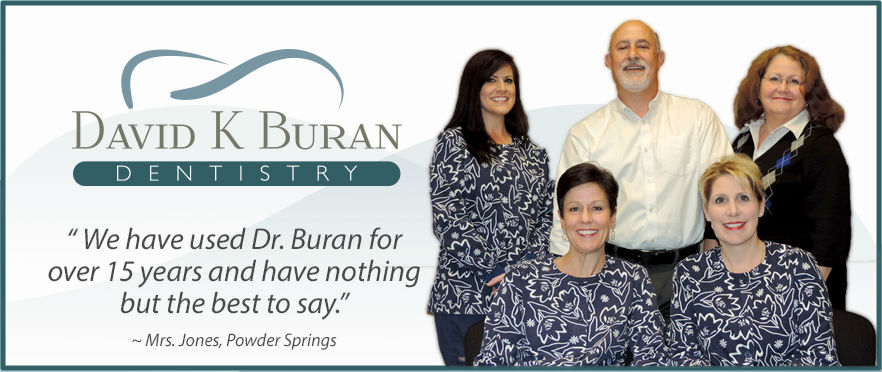Judith Ann Jones, DDS, a spokeswoman for elder care at the American Dental Association, notes that people over age 50 are keeping their teeth longer than ever before. That’s good news for many people!
However, Dr. Jones also urges caution. As you age, it is common to see dental problems arise. You’ll want to maintain your regular dental visits and follow these dental care tips, especially if you’re aged 50 or older.
Tooth Decay Continues as You Age
People over 50 still get cavities. As you age, the root of your tooth can become soft and more exposed, leaving you more vulnerable to cavities
However, the first defense for cavity prevention is an old-time remedy known as fluoride. Dr. Jones notes that “Fluoride is one of the 10 most important health measures developed in the 20th century.” Most Americans have access to fluorinated water, but if you don’t, ask your dentist about a fluoride prescription gel for an added boost of fluoride.
Dry Mouth Affects Your Dental Health
Yes, your saliva really does offer protection against tooth decay. Saliva contains calcium and phosphate, which prevents the demineralization of your teeth.
The good news is that saliva can be easily stimulated just by drinking water throughout the day. Chewing sugar free gum and candies is also an easy way to stimulate saliva production.
Older Americans Suffer from Gum Disease
Red, swollen and bleeding gums are an early indicator of gingivitis, the earliest form of gum disease that can afflict your mouth. Left untreated, gingivitis can turn into periodontitis. With periodontitis, the gum pulls away from the tooth, creating pockets along your gum line which can become infected. You don’t want this!
Regular visits to your dentist is the best way to prevent gum disease. And if you do have gingivitis, your dentist will be able to keep the disease in check with regular cleanings and other recommendations.
Tooth Crowding Becomes an Issue Over Age 50
Lee W. Graber, Past President of the American Association of Orthodontists, notes that as you age, your teeth can actually shift. Shifting and misaligned teeth can lead to teeth erosion and damage to the supporting tissue and bone, Graber says. And with the tendency of older adults to have periodontal disease, losing your teeth can happen faster than ever.
If your teeth have shifted, you could see an orthodontist, who may fit you with a retainer, spacer, or even braces. This may not be necessary, but you should discuss with your dentist whether your teeth are shifting at your regular check up.
Schedule a Check-up Today
If you’re over 50 and haven’t seen a dentist in a while, call the office of David Buran today. With an emphasis on lifetime preventative dental care, Dr. Buran offers a full range of dental services to meet the individual needs and preferences of each new patient. Follow these dental care tips and schedule regular check-ups with Dr. Buran in Acworth today.
